Dhaka has garnered the unenviable distinction of ranking Fourth on the global list of cities with the worst air quality, recording an Air Quality Index (AQI) of 171 at 9:30 am this morning (February 27, 2024).
The city's air quality was labelled as 'unhealthy', according to the air quality index, reflecting the severity of the pollution crisis. Meanwhile, Lahore (Pakistan), Hanoi (Vietnam), Kolkata (India) and Karachi (Pakistan) claimed the first, third, fourth and fifth positions on the list, with AQI scores of 189, 181,173, and 170, respectively.
Read: Dhaka again ranks world's most polluted city
When the AQI value for particle pollution falls between 101 and 150, the air quality is deemed 'unhealthy for sensitive groups,' escalating to 'unhealthy' between 150 and 200. Further deterioration leads to a classification of 'very unhealthy' between 201 and 300, while a reading exceeding 301 is considered 'hazardous,' posing grave health risks to residents.
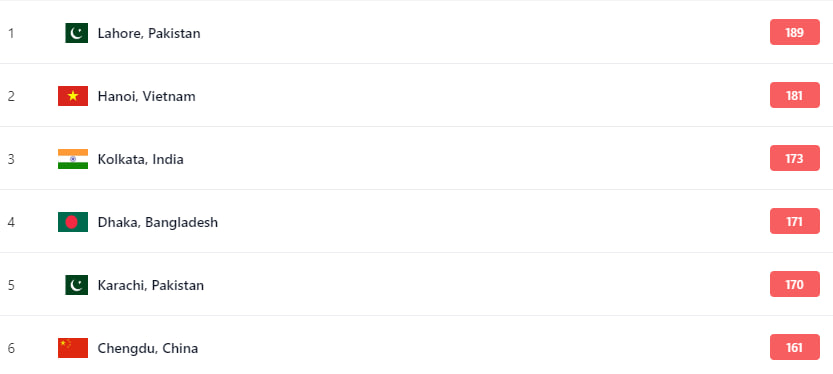
The AQI serves as a crucial indicator, offering insights into the cleanliness or pollution levels of a city's air and outlining potential health concerns for its inhabitants. In Bangladesh, the AQI is based on five pollutants: particulate matter (PM10 and PM2.5), NO2, CO, SO2, and ozone.
Read: Dhaka's air 2nd most polluted in the world
Dhaka has long grappled with air pollution issues, particularly intensifying during the winter months and showing signs of improvement during the monsoon season.
Read: Aiming to achieve net zero
According to the World Health Organization (WHO), air pollution claims an estimated seven million lives globally each year, primarily due to increased mortality from stroke, heart disease, chronic obstructive pulmonary disease, lung cancer, and acute respiratory infections. This alarming statistic underscores the urgent need for concerted efforts to address air quality concerns and safeguard public health.



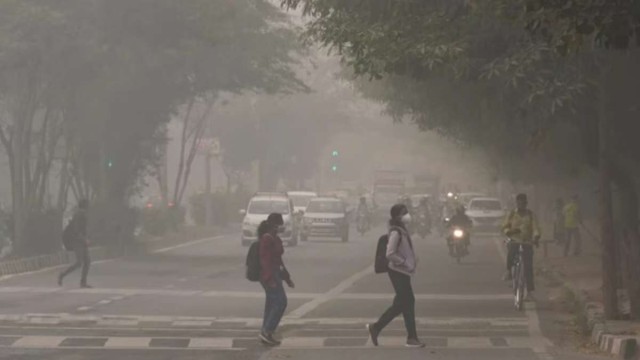






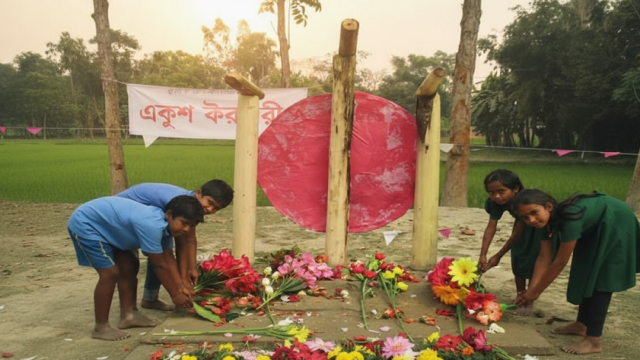


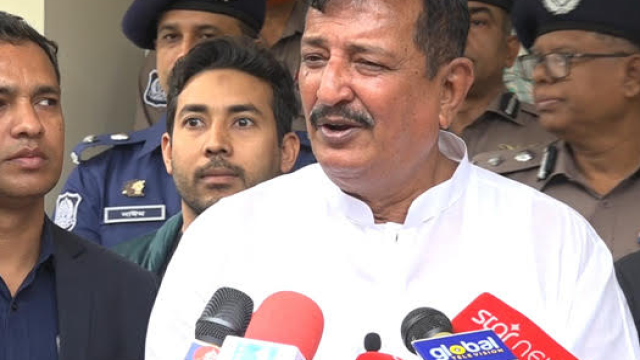

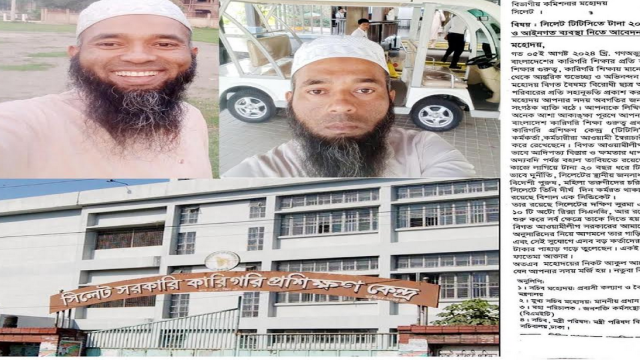









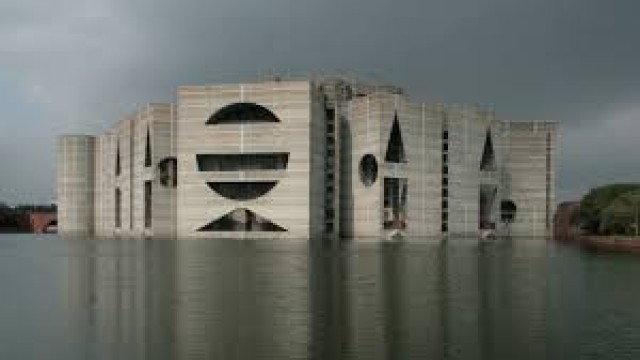





Comment: